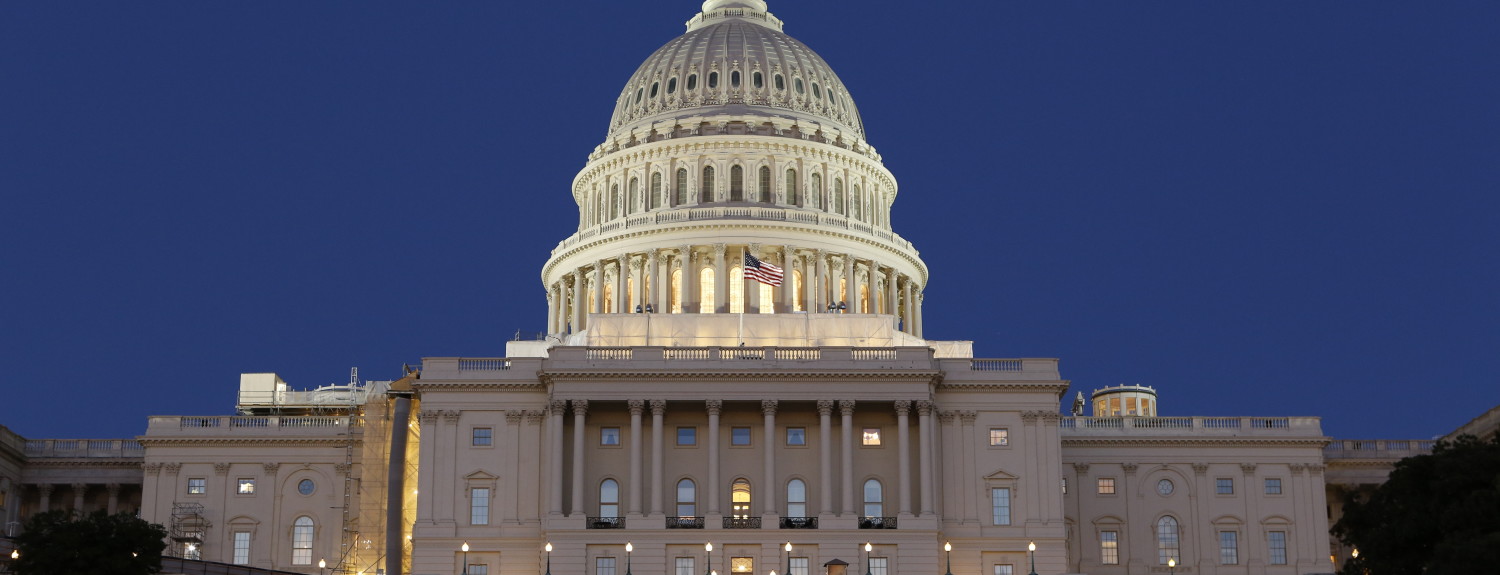Here we go again. Again.
While testifying in front of the Senate Armed Services Committee on Capitol Hill today, United States Defense Secretary Ashton Carter spelled out the real possibility that yet more U.S. military forces would be deployed on the ground in the Middle East — this time to support Iraqi forces in an effort to “take back” the city of Ramadi from ISIS.
According to CNN, the “advisers” following the Iraqi military along will keep away from the front lines of combat, in Apache helicopters.
After the hearing Wednesday, however, the White House tempered this statement, saying that President Obama had not signed off on anything yet, and only that the choppers would be available at the request of Iraqi leaders.
Carter parroted much of what Obama spelled out in his stark Oval Office address on terror Sunday, but did go off script at least once when he admitted that ISIS (Islamic State, IS, ISIL, etc.) had not yet been contained, somewhat contradicting a POTUS declaration last month saying that the extremist organization “isn’t growing”.
Aside from Carter’s testimony, Vice Chairman of the Joint Chiefs of Staff General Paul Selva also took the stand in front of the lawmakers, and deflected/absorbed much of the vitriol from the panel when he brought up the question of a “no-fly” zone in Syria.
“We have the military capacity to impose a no-fly zone. The question that we need to ask is do we have the political and policy backdrop with which to do so,” Selva said, bringing up the possibility of a “direct conflict” with Syrian forces and/or a “miscalculation” with Putin and Russia.
Enter old crusty Arizona Republican Senator John McCain.
“I must say, it’s one of the more embarrassing statements I’ve ever heard from a uniformed military officer, that we are worried about Syria and Russia’s reaction to saving the lives of thousands and thousands of Syrians who are being barrel-bombed and massacred.”
This from CNN:
Republican members of the panel were impatient, demanding to know how the U.S. would train Syrian forces and why the administration had not enlisted the aid of Arab allies who could provide ground forces.
But even as they were on the defensive, Pentagon officials offered some news of expanding the fight against ISIS, saying they were likely to provide Apache helicopters to Iraqi forces looking to retake Ramadi from ISIS and said they were close to securing special forces help from Arab allies.




































